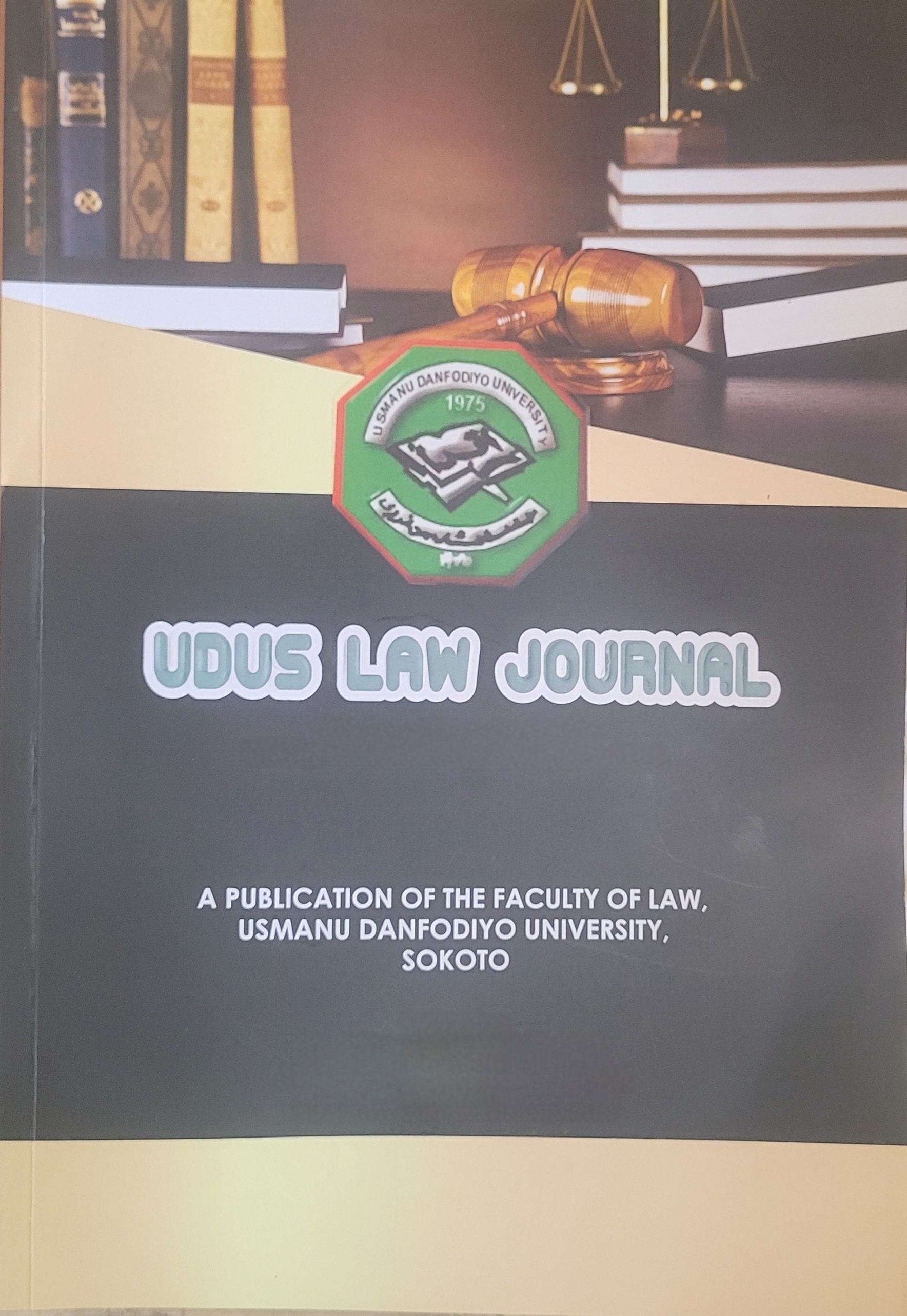Abstract
As at April, 2020, the inmates’ population at various custodial centres across the Country stood at about 74,127 out of which 52,226 are Awaiting Trial Persons (ATPs). The Judiciary, the Police and the Correctional Service have major roles to play in decongesting our Custodial Centres. The research is doctrinal. The work finds that our Custodial Centres are congested and pre-trial detainees account for a substantial number leading to congestion. Many factors have been identified as contributing to this; for instance, indolence on the part of some judges; inadequate utilization of non-custodial disposition measures; frivolous applications for adjournment by lawyers, frequent strikes by judicial workers, among others. The paper concludes that Custodial Centres decongestion has implications for developmental issues requiring urgent solutions which are cost effective, achievable and efficient. The Judiciary, the Custodial Centres and Police are related in the implementation of penal decisions. Accordingly, the quicker the courts dispense and pass judgments on cases, the less frequent courts adjourned case of awaiting trial, the speedier the Police accelerates investigation on pending cases, the more the courts and Police grant bails on all bailable offences, the lesser the congestion in our Custodial Centres .



 National Library of Nigeria
National Library of Nigeria.jpg) Association of Nigerian Authors
Association of Nigerian Authors Nigerian Library Association
Nigerian Library Association EagleScan
EagleScan Crossref
Crossref